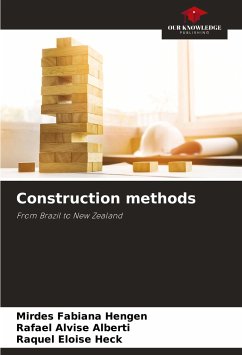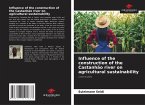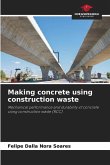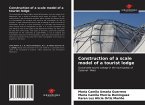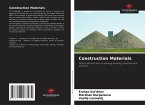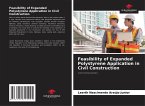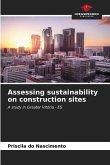Over the years, the construction industry has intensified, marked mainly by bringing one of the largest economic shares to the country, but the challenge is to achieve increasingly sustainable constructions and methods, a crucial point for the future of our society. The Brazilian people's culture and way of building emerged from the coffee economic cycle, which is still enjoyed today. The aim is to develop techniques capable of increasing productivity, optimizing time and generating less waste. Within these construction systems, the conventional masonry method and the method used in New Zealand, Wood Frame, are compared, pointing out all the advantages and disadvantages of each system, as well as checking their technical specifications and total costs. The results show that the public questioned is very accepting of innovative systems that fit their needs. In conclusion, the research presents results on a system capable of combining sustainability with its constructive benefits.
Bitte wählen Sie Ihr Anliegen aus.
Rechnungen
Retourenschein anfordern
Bestellstatus
Storno

